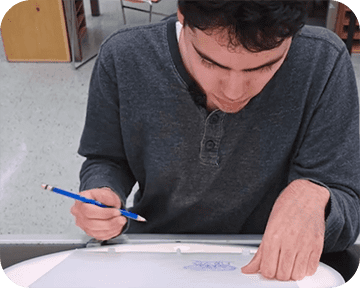the podcast series
Listen in to find out how neurodiverse students are managing at college, sometimes charting their own paths, taking creative approaches, and making it work!
Produced by Jesús Alvarado, Jody Becker & Erik Linthorst
the podcast series
Listen in to find out how neurodiverse students are managing at college, sometimes charting their own paths, taking creative approaches, and making it work!
Produced by Jesús Alvarado, Jody Becker & Erik Linthorst
WATCH & LISTEN
episode 43
episode 43
episode 43
She graduated with a BA + an autism diagnosis
She graduated with a BA + an autism diagnosis
She graduated with a BA + an autism diagnosis

L chose a college experience that started out at the liberal arts-focused, smaller Oxford College campus of Emory University. Coming from a small school in Savannah, it was a choice that felt like a great fit for a lot of reasons. Smaller class sizes, a smaller student body, and less chaotic than the giant campus and Atlanta scene that are part of a typical Emory experience. Academically, L found it ideal. But still, some aspects of college life were hard to navigate. And she continued to struggle with a familiar difficulty: initiating relationships. Listening to a friend talk about similar challenges during her freshman and sophomore years, L started to learn something about herself: maybe... I'm autistic? At first, she says, that seemed unlikely. But the more L listened and learned, the more she felt like, actually, this might explain a lot. So, she decided to get evaluated. L tells her story about getting into college, not even considering looking for a school with accommodations and leaving college better prepared for the road ahead with both her degree and a much greater understanding of who she is.
L chose a college experience that started out at the liberal arts-focused, smaller Oxford College campus of Emory University. Coming from a small school in Savannah, it was a choice that felt like a great fit for a lot of reasons. Smaller class sizes, a smaller student body, and less chaotic than the giant campus and Atlanta scene that are part of a typical Emory experience. Academically, L found it ideal. But still, some aspects of college life were hard to navigate. And she continued to struggle with a familiar difficulty: initiating relationships. Listening to a friend talk about similar challenges during her freshman and sophomore years, L started to learn something about herself: maybe... I'm autistic? At first, she says, that seemed unlikely. But the more L listened and learned, the more she felt like, actually, this might explain a lot. So, she decided to get evaluated. L tells her story about getting into college, not even considering looking for a school with accommodations and leaving college better prepared for the road ahead with both her degree and a much greater understanding of who she is.
L chose a college experience that started out at the liberal arts-focused, smaller Oxford College campus of Emory University. Coming from a small school in Savannah, it was a choice that felt like a great fit for a lot of reasons. Smaller class sizes, a smaller student body, and less chaotic than the giant campus and Atlanta scene that are part of a typical Emory experience. Academically, L found it ideal. But still, some aspects of college life were hard to navigate. And she continued to struggle with a familiar difficulty: initiating relationships. Listening to a friend talk about similar challenges during her freshman and sophomore years, L started to learn something about herself: maybe... I'm autistic? At first, she says, that seemed unlikely. But the more L listened and learned, the more she felt like, actually, this might explain a lot. So, she decided to get evaluated. L tells her story about getting into college, not even considering looking for a school with accommodations and leaving college better prepared for the road ahead with both her degree and a much greater understanding of who she is.
WATCH & LISTEN
episode 42
episode 42
episode 42
What Professors Need to Know!
What Professors Need to Know!
What Professors Need to Know!
The number of neurodivergent students in college keeps rising. Around 20% of college students have diagnosed or undiagnosed autism, ADHD, dyslexia or some other processing or neurological difference, according to expert estimates. But very few campuses provide faculty with training in how to meet the learning needs of these students in their classrooms. NeuroPrep, an online course for college instructors, fills that gap. We'll hear from the creators of the course and two professors who say even if you think you know, there's plenty to learn about how to serve all students. Best answer: Ask students what they need, be aware of invisible challenges, accommodate everyone in class with extra time, and adjust your teaching style as needed.
The number of neurodivergent students in college keeps rising. Around 20% of college students have diagnosed or undiagnosed autism, ADHD, dyslexia or some other processing or neurological difference, according to expert estimates. But very few campuses provide faculty with training in how to meet the learning needs of these students in their classrooms. NeuroPrep, an online course for college instructors, fills that gap. We'll hear from the creators of the course and two professors who say even if you think you know, there's plenty to learn about how to serve all students. Best answer: Ask students what they need, be aware of invisible challenges, accommodate everyone in class with extra time, and adjust your teaching style as needed.
The number of neurodivergent students in college keeps rising. Around 20% of college students have diagnosed or undiagnosed autism, ADHD, dyslexia or some other processing or neurological difference, according to expert estimates. But very few campuses provide faculty with training in how to meet the learning needs of these students in their classrooms. NeuroPrep, an online course for college instructors, fills that gap. We'll hear from the creators of the course and two professors who say even if you think you know, there's plenty to learn about how to serve all students. Best answer: Ask students what they need, be aware of invisible challenges, accommodate everyone in class with extra time, and adjust your teaching style as needed.

WATCH & LISTEN
episode 41
episode 41
episode 41
At Bridgewater State, Dom Brings it!
At Bridgewater State, Dom Brings it!
At Bridgewater State, Dom Brings it!
When Dom transferred to Bridgewater State in Bridgewater, MA. from a community college, he shared on an earlier episode of the pod that he planned to move into the dorms after a semester. Instead, he ultimately decided to continue commuting- both to save some money and enjoy the support of his parents. But Dom is deeply involved with campus life. He became an Orientation Leader (which did include a stint of dorm living), he works with campus programming, and is now drawing on his own experiences to help create an internship program to ensure that inclusion in campus organizations is not just integration, but more meaningful. On track to graduate next year, Dom is a communications disorders major. He says professors have been helpful, accommodations have been flexible over the years, but he's found a couple of the classes challenging enough to retake them for a better grade as he'd like to graduate with honors. Dom's a music minor, plays in multiple student groups, and says he's usually on campus six days a week, because there is always something happening at BSU, and he doesn't want to miss out.
When Dom transferred to Bridgewater State in Bridgewater, MA. from a community college, he shared on an earlier episode of the pod that he planned to move into the dorms after a semester. Instead, he ultimately decided to continue commuting- both to save some money and enjoy the support of his parents. But Dom is deeply involved with campus life. He became an Orientation Leader (which did include a stint of dorm living), he works with campus programming, and is now drawing on his own experiences to help create an internship program to ensure that inclusion in campus organizations is not just integration, but more meaningful. On track to graduate next year, Dom is a communications disorders major. He says professors have been helpful, accommodations have been flexible over the years, but he's found a couple of the classes challenging enough to retake them for a better grade as he'd like to graduate with honors. Dom's a music minor, plays in multiple student groups, and says he's usually on campus six days a week, because there is always something happening at BSU, and he doesn't want to miss out.
When Dom transferred to Bridgewater State in Bridgewater, MA. from a community college, he shared on an earlier episode of the pod that he planned to move into the dorms after a semester. Instead, he ultimately decided to continue commuting- both to save some money and enjoy the support of his parents. But Dom is deeply involved with campus life. He became an Orientation Leader (which did include a stint of dorm living), he works with campus programming, and is now drawing on his own experiences to help create an internship program to ensure that inclusion in campus organizations is not just integration, but more meaningful. On track to graduate next year, Dom is a communications disorders major. He says professors have been helpful, accommodations have been flexible over the years, but he's found a couple of the classes challenging enough to retake them for a better grade as he'd like to graduate with honors. Dom's a music minor, plays in multiple student groups, and says he's usually on campus six days a week, because there is always something happening at BSU, and he doesn't want to miss out.

WATCH & LISTEN
episode 40
episode 40
episode 40
What happens after high school? Start that conversation early!
What happens after high school? Start that conversation early!
What happens after high school? Start that conversation early!
Meet Jasmine, in her second year at a community college, hoping to make the leap to a four year university.
Meet Jasmine, in her second year at a community college, hoping to make the leap to a four year university.
Expectations may vary. Some students on the spectrum find that community college is a good next step. Many want to take a gap year, get some work experience or travel. Others are eager to head off to a four year college. Neurodivergent neurodiversity education advocate Amanda Morin says the time to start talking about post- high school transition planning is early. Because what a student wants and expects to do after high school may not be aligned with parents' expectations, and that means talking it through. Morin also says it's important to remember there are no IEPs in college, and after turning 18, the student legally becomes their own advocate. Insights and strategies for setting off on the road ahead.

“The best way to learn is just from going out and doing something—talking to people, being a part of of an organization, or going to events. It’s not always going to be easy, but the only way to get better at anything is to keep doing it— and have experiences.”
—James
PODCAST EPISODE 39:
Embracing an academic pivot, River is loving their Wesleyan experience
…He chose one language arts class and one math class for the first semester, and he joined the Media Arts Club, which is giving him hands-on experience producing a news show.

PODCAST EPISODE 37:
What kind of supports should you seek? Accommodations? An OT? Both?
What kind of supports should you seek? Accommodations? An OT? Both?
FOR SAM, BEST ANSWER IS ONLINE LEARNING
…as a psychology student, he gained some insights into his own learning style and challenges

PODCAST EPISODE 35:
What kind of supports should you seek? Accommodations? An OT? Both?
What kind of supports should you seek? Accommodations? An OT? Both?
The Food Issue(s)
Sensory eaters, this one is definitely for you.
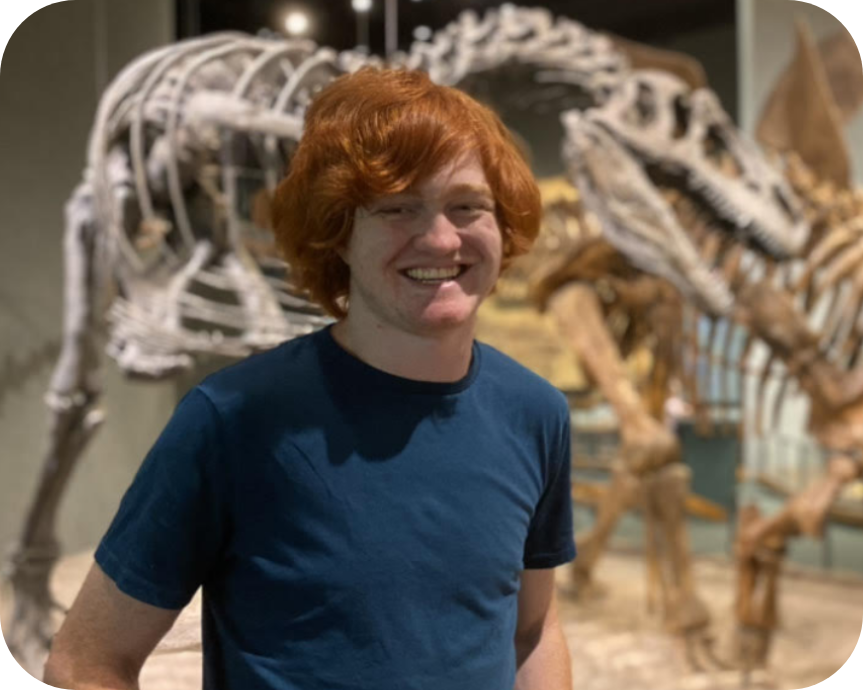
PODCAST EPISODE 33:
What kind of supports should you seek? Accommodations? An OT? Both?
What kind of supports should you seek? Accommodations? An OT? Both?
When your ableist professor doesn't get you
She also encountered an ableist professor, some jerky suitemates, and navigated distance learning for a while during the pandemic.
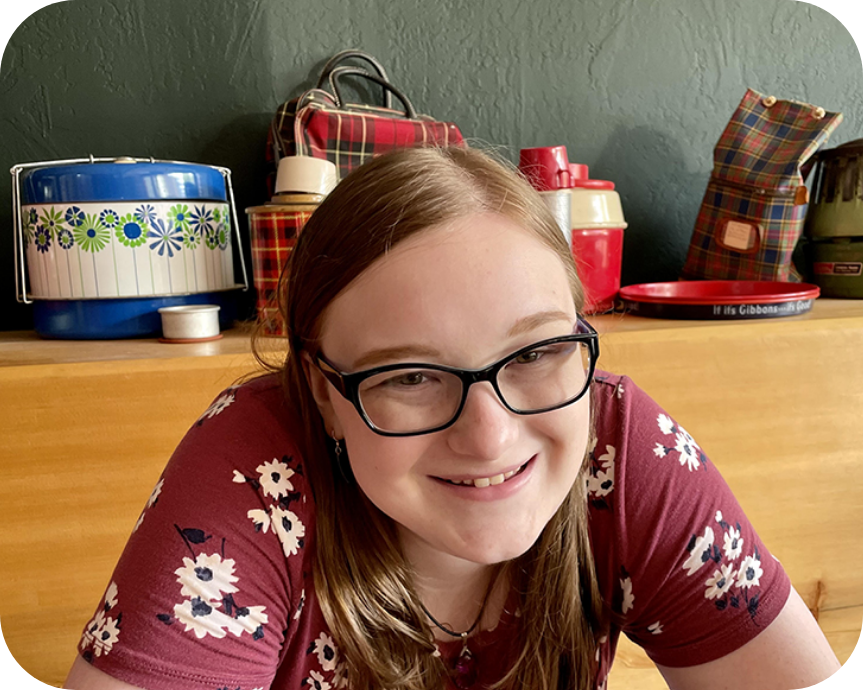
PODCAST EPISODE 31:
What kind of supports should you seek? Accommodations? An OT? Both?
What kind of supports should you seek? Accommodations? An OT? Both?
Accommodations are available. Just ask.
…in real life, it's sometimes hard to fix a situation or make it work better on the fly.
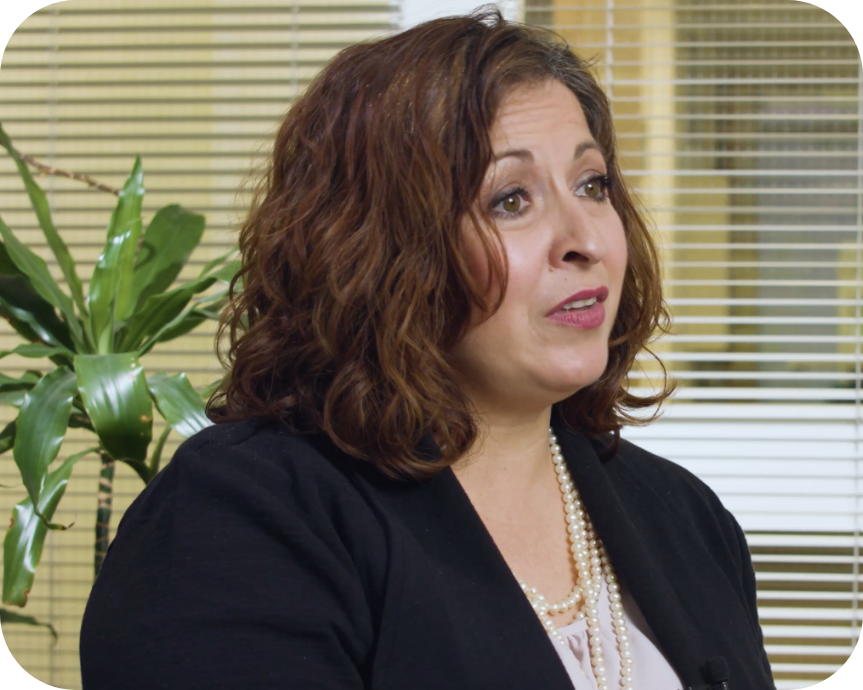
PODCAST EPISODE 38:
What kind of supports should you seek? Accommodations? An OT? Both?
What kind of supports should you seek? Accommodations? An OT? Both?
Yes. There's an autistic therapist in this college counseling office
He was undiagnosed and put into special ed programs as a child. He made it to college because he was great at math and science and got a football scholarship. But he had a hard time

PODCAST EPISODE 36:
What kind of supports should you seek? Accommodations? An OT? Both?
What kind of supports should you seek? Accommodations? An OT? Both?
lindsey heads back to school at appalachian state
Lindsey shares what she loves about sharing her college experiences as a student on the spectrum with her TikTok and YouTube followers.

PODCAST EPISODE 34:
What kind of supports should you seek? Accommodations? An OT? Both?
What kind of supports should you seek? Accommodations? An OT? Both?
For students by students: At UCLA, Ryan is building the Bruin Neurodivergent Collective
Soon he was creating the space he was looking for by launching the Bruin Neurodiversity Collective
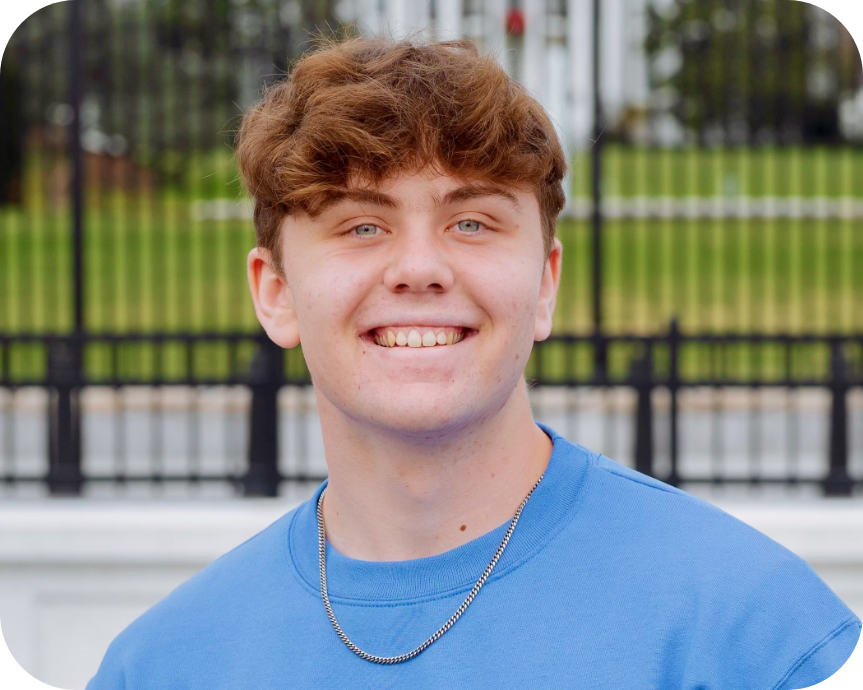
PODCAST EPISODE 32:
What kind of supports should you seek? Accommodations? An OT? Both?
What kind of supports should you seek? Accommodations? An OT? Both?
Bryson's taking his talents to CTC
students with a GED can explore training in everything from auto detailing and repair to professional baking and food service, retail, landscaping, and even media arts - including behind-the-camera work and digital editing.
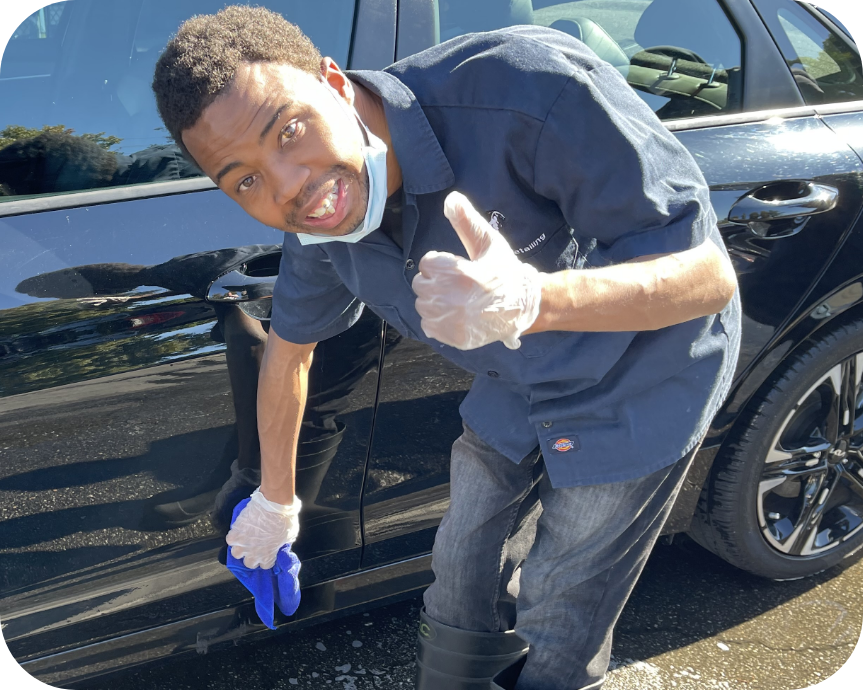
PODCAST EPISODE 30:
First semester, take a lighter load
…He chose one language arts class and one math class for the first semester, and he joined the Media Arts Club, which is giving him hands-on experience producing a news show.
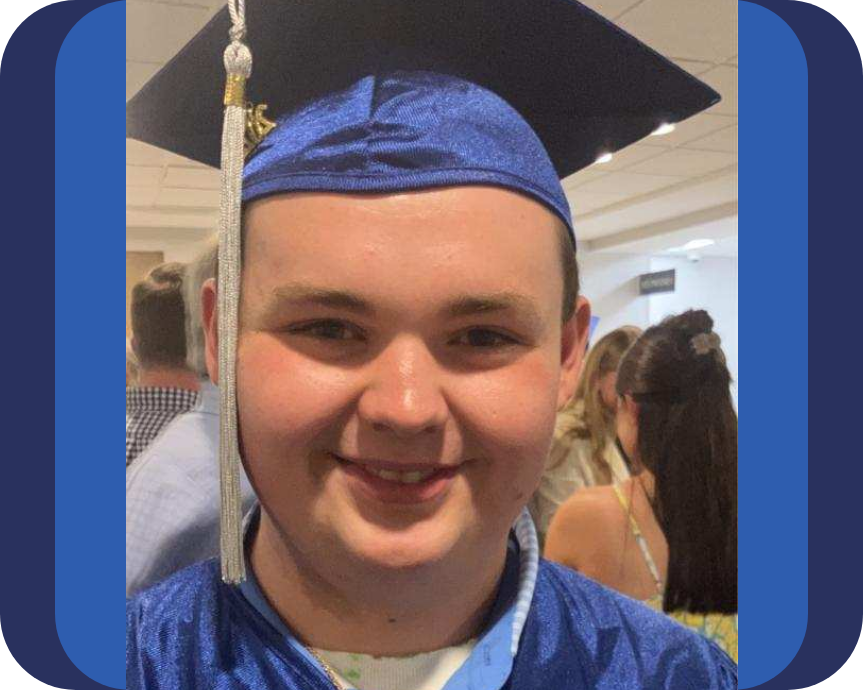
“Once you find a routine where you can get your work done but also not overwhelm yourself—that makes all the difference. It really made all the difference for me.”
—James
PODCAST EPISODE 29:
What kind of supports should you seek? Accommodations? An OT? Both?
What kind of supports should you seek? Accommodations? An OT? Both?
FTW: New study reveals how autistic college students define success
"…Students are saying success is important but not at the expense of their mental health."
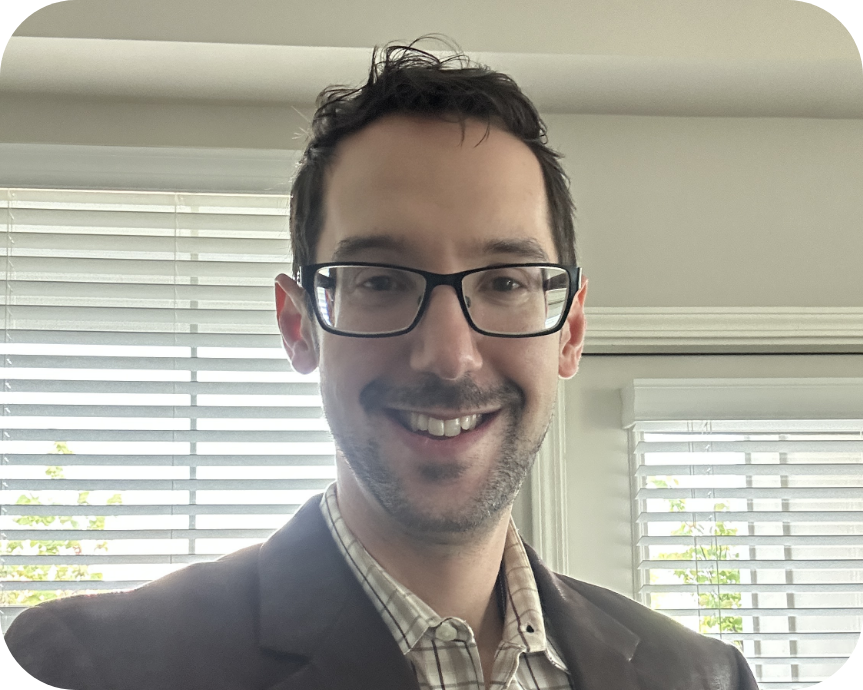
PODCAST EPISODE 27:
What kind of supports should you seek? Accommodations? An OT? Both?
What kind of supports should you seek? Accommodations? An OT? Both?
Your professors are learning more about students on the spectrum
"…it's not all about pointing people towards the students' services office. It's about what teachers can do in their classrooms by getting to know their students better."
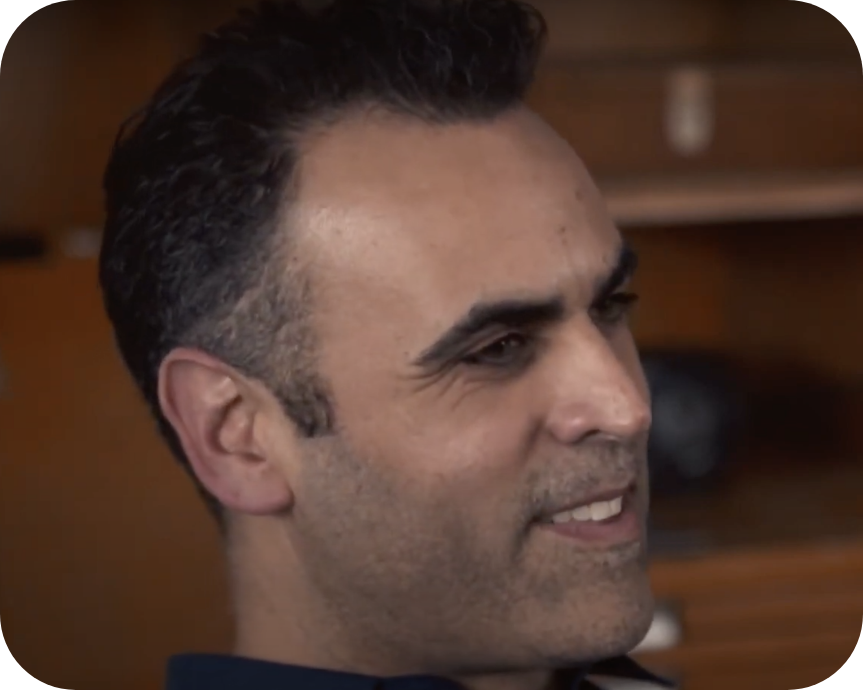
PODCAST EPISODE 25:
What kind of supports should you seek? Accommodations? An OT? Both?
What kind of supports should you seek? Accommodations? An OT? Both?
What kind of supports should you seek? Accommodations? An OT? Both?
Some folks are academically capable, feel comfortable with accomodations, and find social stuff difficult.
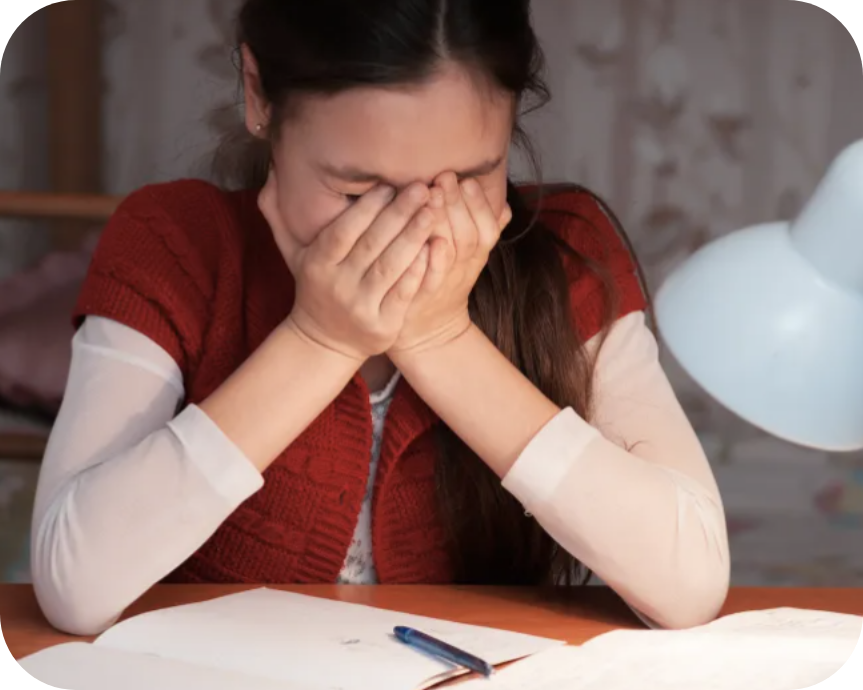
PODCAST EPISODE 23:
Tony has landed. He's happy at St. Mary's
Tony has landed. He's happy at St. Mary's
Academics, community + the deciding factor: A college aligned with my intentions
River was pretty clear about the kind of school that would work for them:

PODCAST EPISODE 21:
My part time job prepared me for college
My part time job prepared me for college
My part time job prepared me for college
He loves college and says he owes his college success so far to two ways he got himself ready:
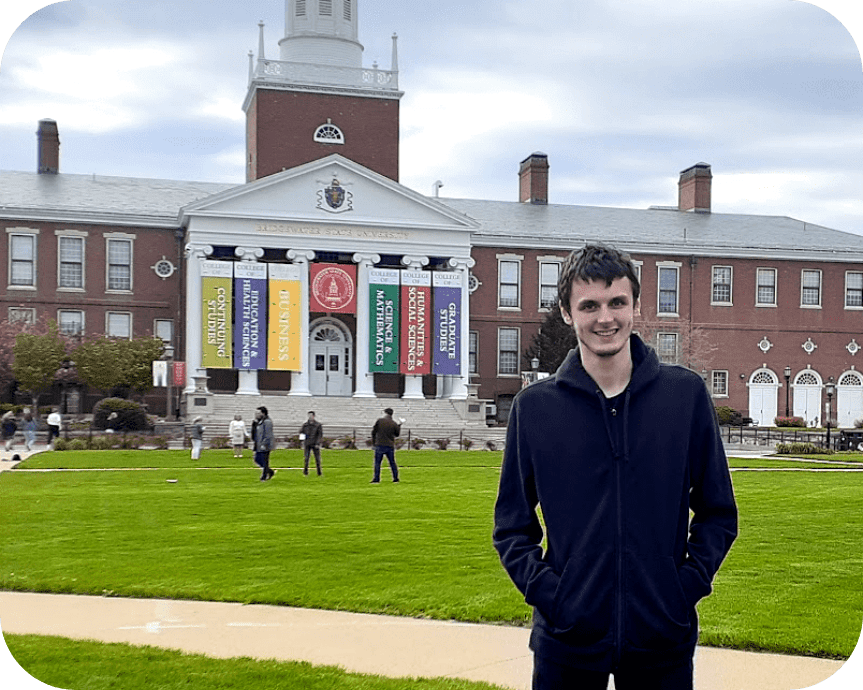
PODCAST EPISODE 28:
What kind of supports should you seek? Accommodations? An OT? Both?
What kind of supports should you seek? Accommodations? An OT? Both?
Going for his degree in Canada
But Gerry wanted more and enrolled first in Lethbridge College in Alberta where he could start chipping away at required courses for college entry to bring his basic skills in English and math up so he could find success in college.
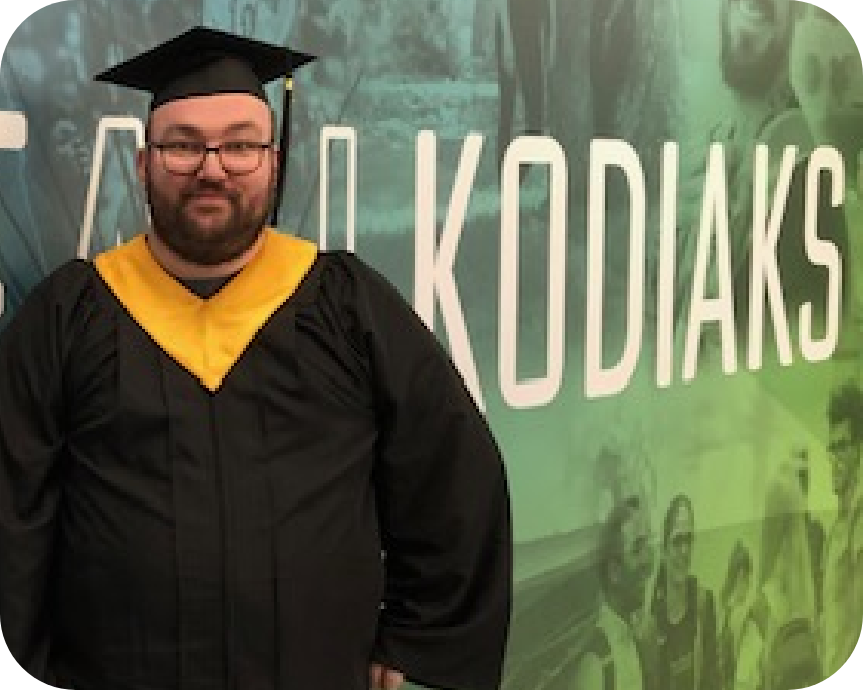
PODCAST EPISODE 26:
What kind of supports should you seek? Accommodations? An OT? Both?
What kind of supports should you seek? Accommodations? An OT? Both?
BACK TO SCHOOL WITH A FIFTH YEAR SENIOR
Jake figured out early on in college that the best way for him to maintain his high GPA was to get a reduced class load accommodation.
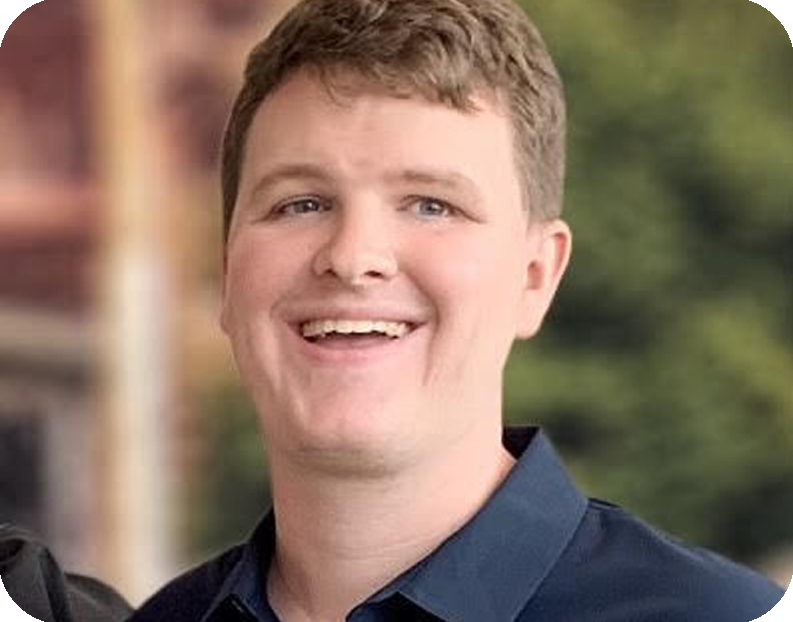
PODCAST EPISODE 24:
Tony has landed. He's happy at St. Mary's
Tony has landed. He's happy at St. Mary's
Tony has landed. He's happy at St. Mary's
If you've been following Tony's college path, this episode will be a satisfying listen.
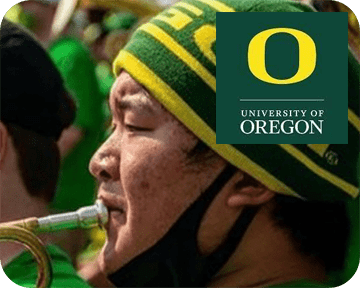
PODCAST EPISODE 22:
DUAL DIAGNOSIS On the spectrum, and deaf, Taylor, 22, leans in to college
DUAL DIAGNOSIS On the spectrum, and deaf, Taylor, 22, leans in to college
DUAL DIAGNOSIS On the spectrum, and deaf, Taylor, 22, leans in to college
Taylor aged out of school-based programs last summer. Finding a path to college has been challenging,
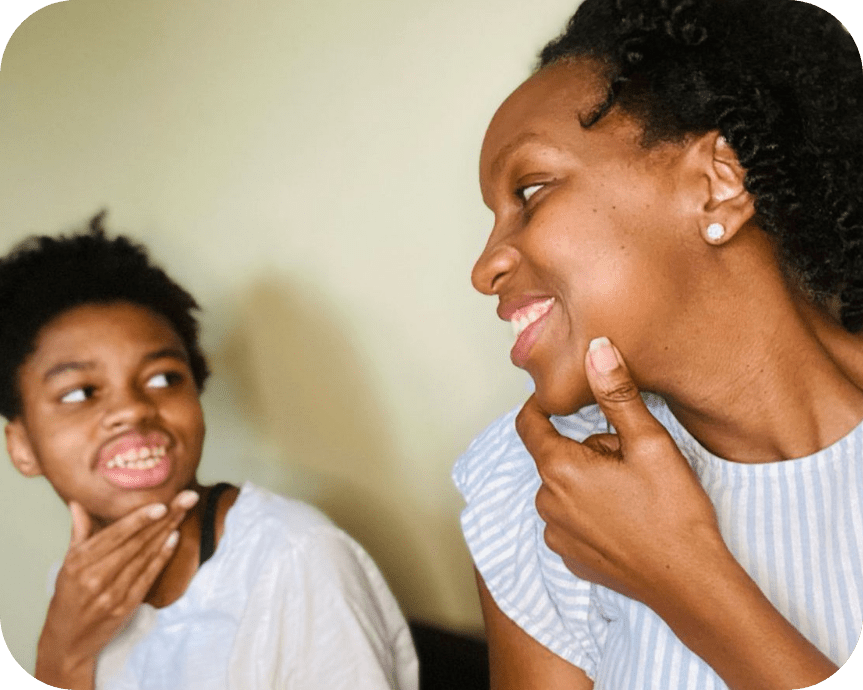
PODCAST EPISODE 20:
A PhD student on the spectrum studying neurodivergent young adults' varied paths to success
A PhD student on the spectrum studying neurodivergent young adults' varied paths to success
A PhD student on the spectrum studying neurodivergent young adults' varied paths to success
Looking back at her undergraduate experience, Katharine O'Brien says it's a lot easier, now, to understand how it was going.
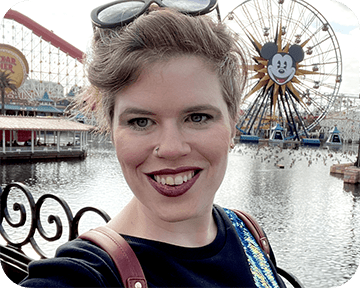
“If you have a good relationship with your professors, you can show them that you actually give a crap about the class they’re teaching. They might even be willing to bend some rules for you if you’re in trouble.”
—Tony
PODCAST EPISODE 19:
2022-23 Update on Choosing the right college
2022-23 Update on Choosing the right college
2022-23 Update on Choosing the right college
College admissions have changed in some significant ways since the pandemic.
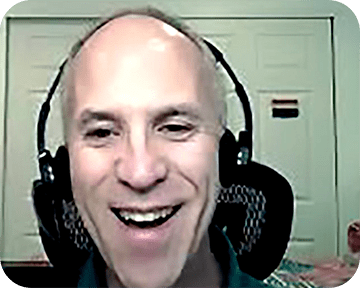
PODCAST EPISODE 17:
behind the scenes WITH FIRST NONSPEAKING UC BERKELEY GRAD
behind the scenes WITH FIRST NONSPEAKING UC BERKELEY GRAD
behind the scenes WITH FIRST NONSPEAKING UC BERKELEY GRAD
David Teplitz was determined to go to UC Berkeley, and he did it, graduating in May with a degree in political science.
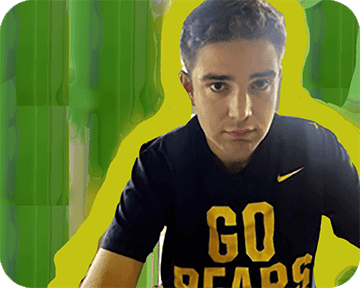
PODCAST EPISODE 15:
Remember Tony? He transferred. Hear all about it.
Remember Tony? He transferred. Hear all about it.
Remember Tony? He transferred. Hear all about it.
His advice: if it doesn't feel right, go with your gut.
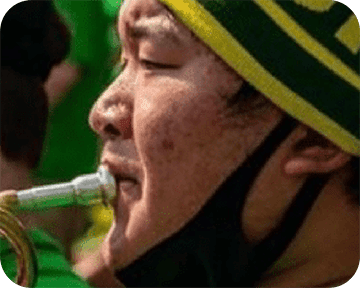
PODCAST EPISODE 13:
Using campus career services to jumpstart the job search
Using campus career services to jumpstart the job search
Using campus career services to jumpstart the job search
Jasmine B is looking forward to graduating in May from UC Riverside with a degree in environmental engineering.
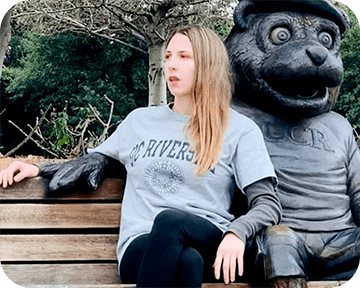
PODCAST EPISODE 11:
coaching from the sidelines
coaching from the sidelines
coaching from the sidelines
Parents of students on the spectrum are often very involved because that is the only way to make sure school works for your child.
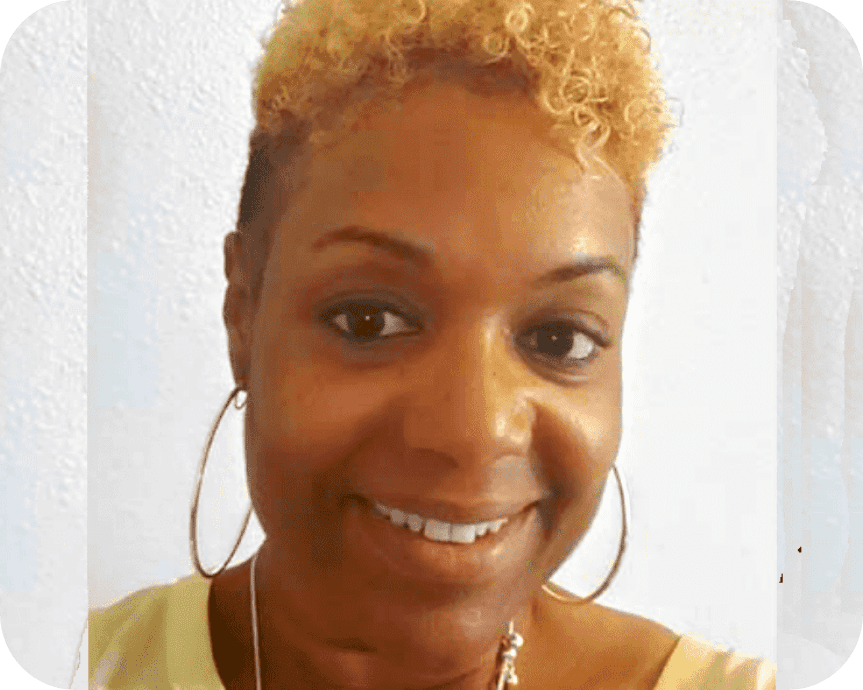
PODCAST EPISODE 18:
getting in
getting in
getting in
The questions and stresses around college applications, essays, and admissions get a lot of attention every fall.

PODCAST EPISODE 16:
sophomore year 101
sophomore year 101
sophomore year 101
PerI Abrams just got back to campus to start her sophomore year at Hamilton College in upstate New York.
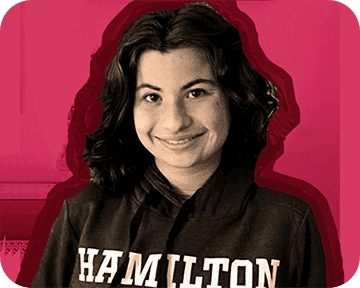
PODCAST EPISODE 14:
Grad school & community advocacy
Grad school & community advocacy
Grad school & community advocacy
Finding his own way prompted Ben to think about how he could help others find what works best for them, too.
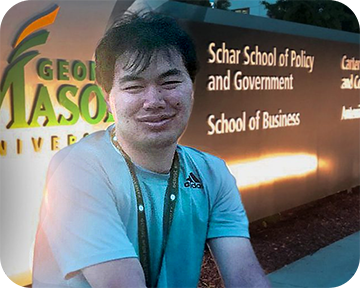
PODCAST EPISODE 12:
Freshman year, 2,719 miles from home. All is well.
Freshman year, 2,719 miles from home. All is well.
Freshman year, 2,719 miles from home. All is well.
Peri A. had to persuade her parents that she'd be just fine if she chose a college far from home.

PODCAST EPISODE 10:
Plan B was better
Plan B was better
Plan B was better
James T. had his heart set on attending an historically black college (HBCU). But the dorm set-up and social scene proved challenging.
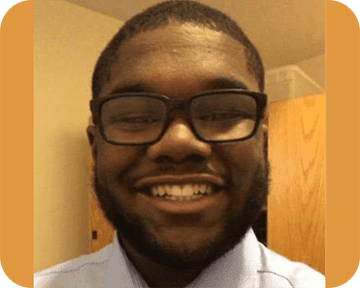
PODCAST EPISODE 9:
“WHEN PROFESSORS ARE HELPFUL, IT REALLY HELPS.”
“WHEN PROFESSORS ARE HELPFUL, IT REALLY HELPS.”
“WHEN PROFESSORS ARE HELPFUL, IT REALLY HELPS.”
Caroline talks with one of her professors at Cal State Fullerton, JudelMay Enriquez, about the ways they worked together.
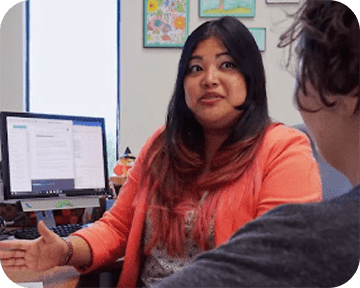
PODCAST EPISODE 7:
inclusive college opportunities
inclusive college opportunities
inclusive college opportunities
In this episode, we hear from Charlie who is a student at the University of Nevada, Reno, and Jessica Keefhaver who runs the Path to Independence project there.
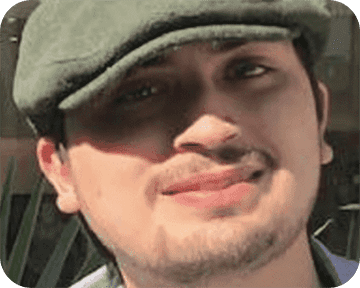
PODCAST EPISODE 5:
this is hard
this is hard
this is hard
Guillermo Guzman says he was never one of the most popular kids in high school, but he was one of the smartest.
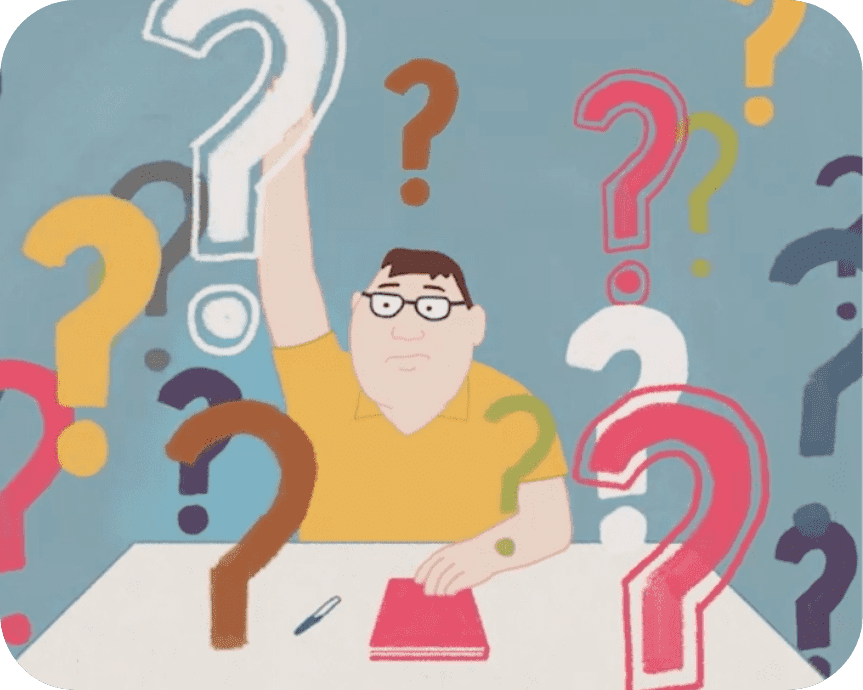
PODCAST EPISODE 3:
facing challenges and studying abroad
facing challenges and studying abroad
facing challenges and studying abroad
Caroline spent a little over 8 years at community college. She wanted to pass her classes without feeling overwhelmed, and, she did it.
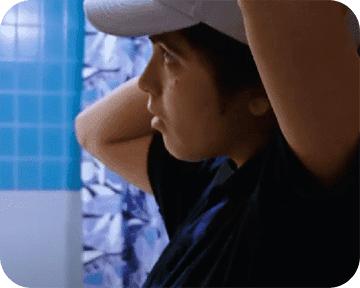
PODCAST EPISODE 8:
so far, so good
so far, so good
so far, so good
Tony Y. is three weeks into his freshman year at the University of Oregon, and so far he loves the vibe in Eugene

PODCAST EPISODE 6:
choosing the right college
choosing the right college
choosing the right college
In this episode, we hear from Charlie who is a student at the University of Nevada, Reno, and Jessica Keefhaver who runs the Path to Independence project there.
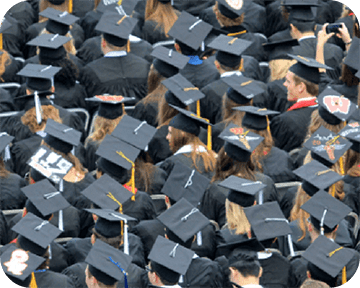
PODCAST EPISODE 4:
slow and steady towards a 4-year degree
slow and steady towards a 4-year degree
slow and steady towards a 4-year degree
Caroline spent a little over 8 years at community college. She wanted to pass her classes without feeling overwhelmed, and, she did it.
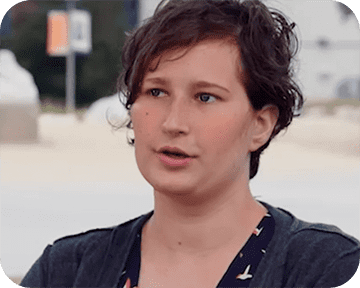
PODCAST EPISODE 2:
college during covid
college during covid
college during covid
Jasmine Board is a junior at UC Riverside. She was on campus for a quarter when COVID hit, but she says it turns out online school is great for her.
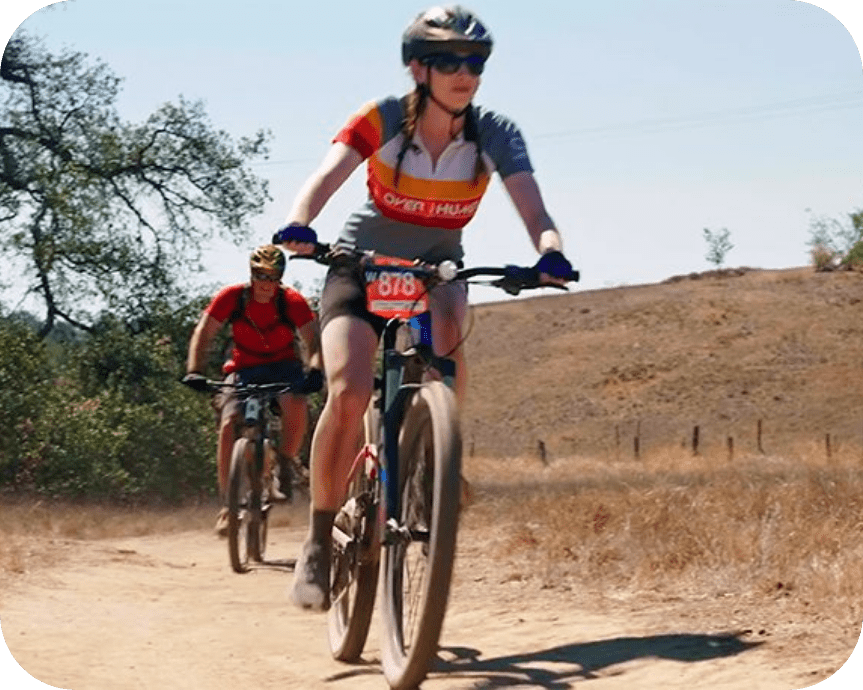
LISTEN
PODCAST EPISODE 1:
from community college to cal state long beach
Jonathan Martin recently graduated! He talks about his trek through college, shares why he started out at community college, how he picked the right university and describes his ups and downs with dorm life once he got there. Plus, why he's now learning to drive, where he's working now and how he plans to break into the animation business.
